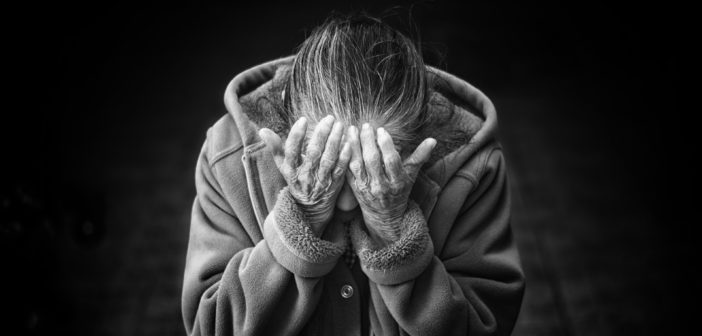In almost all of the workshops I’ve done so far on activist burnout, I’ve had several people come up to me to tell their stories. Interestingly, they all start with the same phrase: “I love my work, but…” A majority of animal activists here in India have experienced one or the other symptoms of burnout, and yet no one talks about it openly.
As animal activists or any social justice activists, we’re trying to do something different from the status quo. We’re stressed and disheartened by the lack of empathy and support. We’re overworked and underpaid; a vast number of people work as volunteers in this sector. We look at unimaginable cruelty at a massive scale and then make “business-like decisions” about how to respond to it or what campaigns to run. Our work comes with a strong dose of physical, emotional and spiritual exhaustion.
In a sector where we often see the injustice humans carry out toward non-humans, and where we are made to undergo long-standing struggles to put an end to any such injustice, it can very well start to feel that we alone care. It can set in what is widely known as “compassion fatigue.”
In addition to trying to navigate the injustices we see toward animals, we are also trying to cope with our everyday life struggles. So it’s not hard to imagine that burnout will creep up every now and then.
Yet there are arguments about the validity of the burnout activists face. A majority of people don’t recognize burnout, and being “emotional” is seen as a sign of weakness in the fast-paced, intellectually-driven, aggressive society we live in. Men have it worse, and any form of counseling or therapy is seen as taboo. All this makes it difficult to accept burnout in ourselves or recognize it in others.
Burnout is complex. It doesn’t happen in a day; it gets built up over time. It is important to understand what we experience is not in isolation. Many others like us experience the same thing. Burnout also brings up feelings of anxiety, anger, sadness, guilt, pessimism, and even physical pain.
As social justice activists, we must remember that we have limited energy, time and resources. We can only do our best with what is available to us.
It is significant to note that burnout is not an individual problem. It’s a problem of the entire social justice movement. We have lost so many passionate individuals to it, which undoubtedly has pushed back the movement. If we want to recruit more individuals, we must ensure the movement doesn’t make them cynical.
By always giving and never replenishing ourselves, we’re destined to fail ourselves as well as the movement. It’s never too early or too late to create an action plan to deal with our burnout. Just as we do the best with what we have in our work, we must also do the best to maintain our personal lives, our social support groups, our hobbies and our self-care rituals. We must replenish ourselves so we can bring the best of ourselves to this movement.
And sometimes, we might just need a break from our work, no matter how much we love it. There is no shame in prioritizing one’s mental and emotional well-being by taking a break from a cause.
If our work is about loving, caring and being compassionate to others, we must first be those things to ourselves.
Featured image: burnout can affect anyone, and can bring many unpleasant emotions with it. Image via Pixabay.





